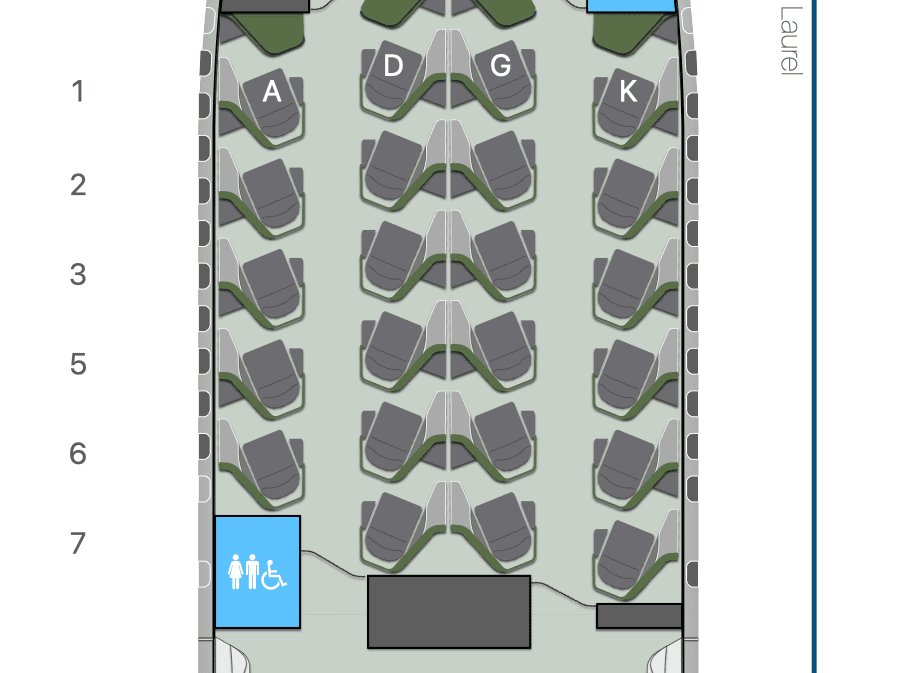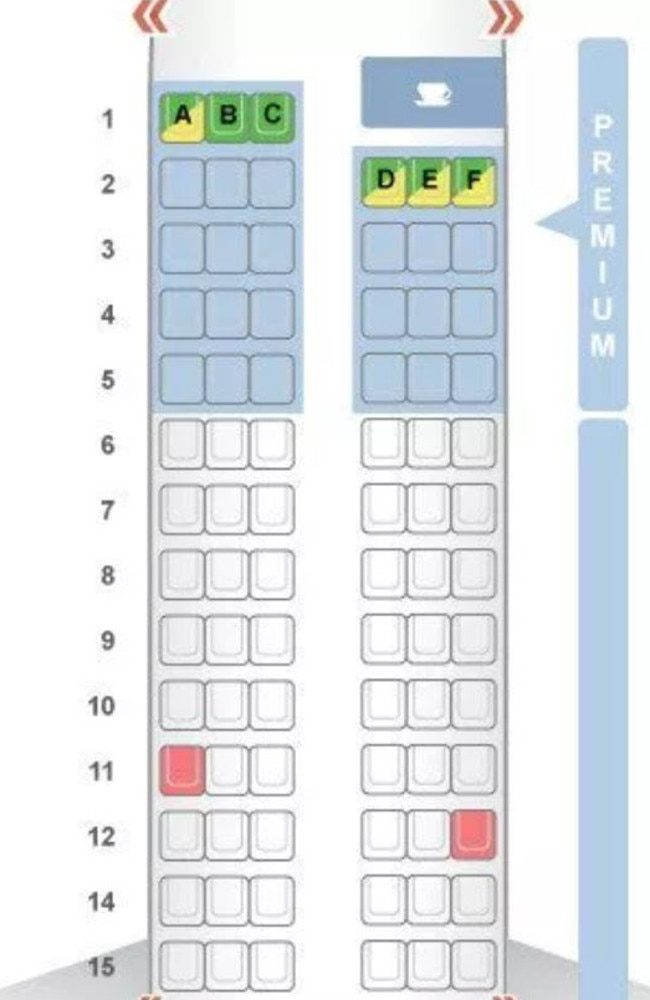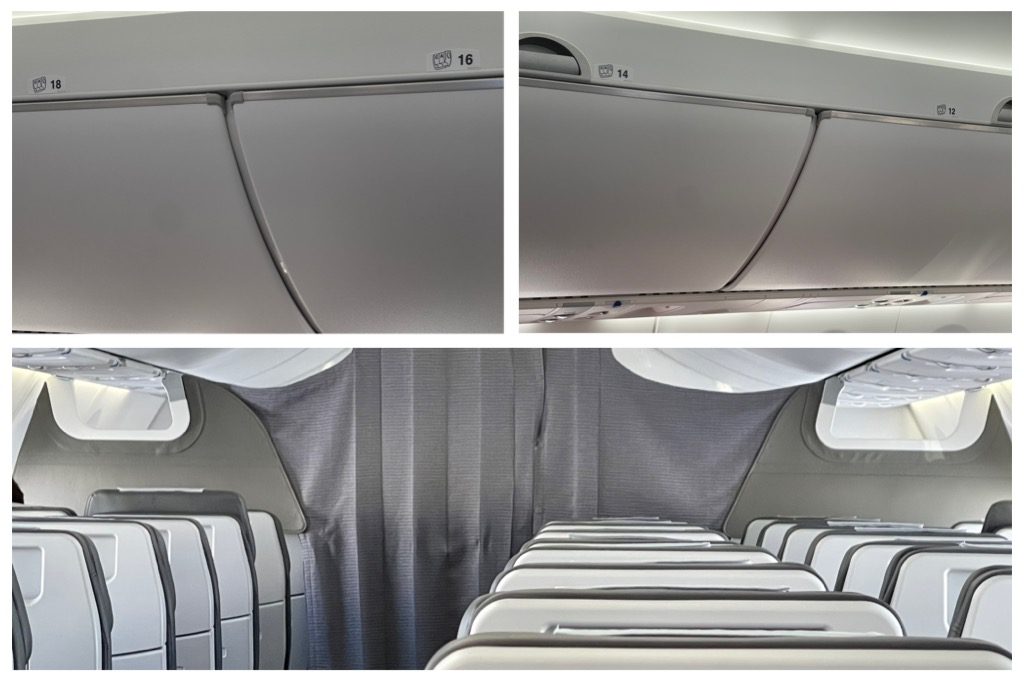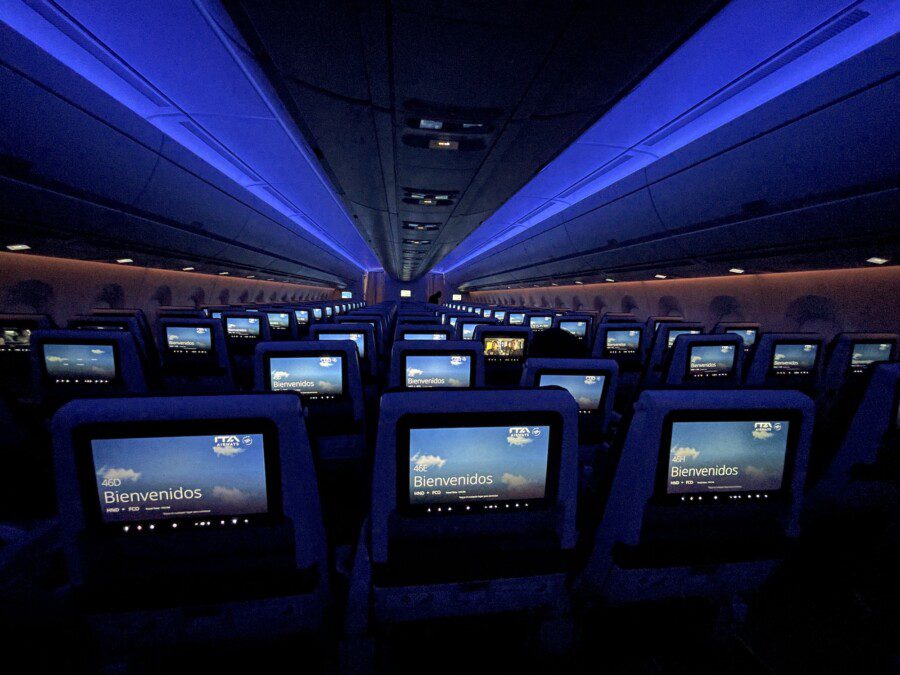In-flight superstition, "forbidden" numbers on airplane: here's why
Superstition finds ample space in the world of airlines. It should be pointed out, however, how some aspects change depending on the [...]
Superstition finds ample space in the airline world. It should be pointed out, however, how some aspects change depending on the country being referred to. In the Western world, usually the number to stay away from is 13, but this is not always the case. Let's try to better understand what is behind this, what is the situation in Italy, and what it means for carriers.
Scaramancy in the airplane
In this article:
Have you ever booked a seat in row 13 of a Ryanair flight? The answer is simple: no. You cannot do it, as the airline does not provide such numbering on board as a simple matter of superstition. Everyone is religious on the plane when things go wrong. Similarly a little bit everyone becomes superstitious.

The number listed is just one of many reputed to be unfortunate. It is certainly the most widespread in the West. In China, on the other hand, the number 4 is frowned upon., while in the United States, in addition to 13, it is better to stay away from 7. Ryanair is just one of many possible examples. Just think of Air France, KLM and Lufthansa, which similarly do not provide row 13.
I have been to many hotels owned by Chinese real estate groups where there is no 4th floor, floors 40 to 49 and also where there are no rooms with the number 4.
Instead, United Airlines has excluded row 14 in Polaris business class. The reason can be traced to Chinese superstition. In Mandarin, in fact, the pronunciation of that number is similar to that of "died". A very similar issue to the Italian one, which we will discuss later. The same goes for Cathay Pacific, which has removed the number four from the seating arrangement because of the pronunciation resembling "death."
But how does all this work? It is impossible to think that airlines have to take into account all or most of the global shenanigans. Choosing which numbers to avoid carefully goes through a market analysis. What are the most common routes? What nationalities are the carrier's main customers? Having done this statistical work, one will have the answer, that is, which superstitions to indulge and which to leave out.

Scaramanzia in Italy
As we all know, in Italy the number reputed to be unlucky is 17, not 13. Over the past 20-30 years, however, American culture has brought a certain aversion to thirteen here as well, to the point that both Friday the 13th and Friday the 17th are considered unlucky. US movies and TV series certainly play a role in this.

ITA Airways and other homegrown carriers go along with this, excluding both row seventeen and row thirteen. So do some airlines such as Lufthansa, which want to ensure a certain level of comfort, physical and mental, for passengers who fall into the nationalities most "loyal" to the company.
Why do we hate the 17th in Italy? The motif has its roots in Roman culture. The Roman reference number is thus transcribed XVII. This is the anagram of vixi, which means I have lived, understood as deceased. An omen of doom that persists to this day, although many accept the scaramantic tradition without knowing its origins.
I never realized that there is no row 13 on an airplane....
Or is that just Ryan Air? pic.twitter.com/c0ukhoDTzP- Paul Bruce (@Paulbcars) February 13, 2019
Scaramantic curiosities
Flying can be very stressful for some people, who often refer to amulets, prayers and other attitudes to keep harassing thoughts away. However, there is no shortage of truly absurd examples of people unable to control nervousness and superstition.
Paying attention during international flights, one may notice during boarding how some touch the livery as a good omen. Others, however, quite unconsciously, have been caught throwing pennies at the plane and into the engine (one man was fined 15,000 euros, having attempted this foolish gesture). Then there are those who pride themselves on their lack of superstition. One need only think of Finnair, which for years operated flight number 666 to Helsinki, or HEL (hell: hell).
- 6,000 Mile Registration Bonus
- Collect miles WITH EACH PURCHASE
- Your miles with no expiration*
- No fees for ATM withdrawals and foreign purchases
- Without having to change banks
- Autonomous card activation
- Multi-function mobile application
- Free travel insurance
- Free credit for up to 7 weeks
- Contactless Payment
- Mastercard® SecureCode



